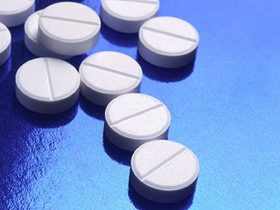Anger adversely affects endothelium-dependent vasodilation, indicated by change in reactive hyperemia index
By Elana Gotkine HealthDay Reporter
WEDNESDAY, May 1, 2024 (HealthDay News) — A brief provocation of anger has an adverse effect on endothelial cell health, according to a study published online May 1 in the Journal of the American Heart Association.
Daichi Shimbo, M.D., from the Columbia University Irving Medical Center in New York City, and colleagues examined the acute effects of provoked anger on endothelial cell health among 280 apparently healthy adults. Participants were randomly assigned to an eight-minute anger recall task, a depressed mood recall task, an anxiety recall task, or an emotionally neutral condition.
The researchers observed a group-by-time interaction for the anger versus neutral condition on the change in reactive hyperemia index (RHI) from baseline to 40 minutes, with changes of 0.20 and 0.50 in RHI in the anger and neutral conditions, respectively. The anxiety versus neutral condition group-by-time interaction approached but did not reach statistical significance for the change in RHI, while the sadness versus neutral condition group-by-time interaction was not statistically significant. No consistent significant group-by-time interactions were seen for the anger, anxiety, and sadness versus neutral conditions on endothelial cell-derived microparticles and endothelial progenitor cells from baseline to 40 minutes.
“An implication of these findings is that the contribution of a biological mechanism that increases cardiovascular disease risk may differ across core negative emotions,” the authors write.
Copyright © 2024 HealthDay. All rights reserved.







